GERMAN RIVER CRUISE: Vineyards grow straight up the hillsides in the Mosel Valley of Germany, some at 60-70 degrees. Tending to and picking the grapes can be dangerous work. Read more about the region in Elliott Brack’s new column in Perspective below.
IN THIS EDITIONTODAY’S FOCUS, McDonald: Why is Britain leaving Europe?
EEB PERSPECTIVE: German river cruise offers beautiful scenery
SPOTLIGHT: BrandBank
FEEDBACK: Yes, we’re looking for two good choices
GEORGIA TIDBIT: Franklin tree
MYSTERY PHOTO: Distinctive green roof on a sunny day
CALENDAR: Good2Give celebration is Thursday
EDITOR’S NOTEGwinnettForum temporarily moves to Tuesdays only
A note to readers from Publisher Elliott Brack:
By the time you read this, I will have had bypass surgery at Gwinnett Medical Center in Lawrenceville.. What caused me to get here was severe shortness of breath lately. I’ve been in the hospital a few days, and it’s no fun, but surprisingly the food is good. And a team of nurses constantly checks on my vitals, punching, probing, pinching and pricking. We’ll let modern medicine and the Good Lord take care of me. Therefore, with the help of my son, Andy, we’ll aim to put out an abbreviated Forum until we get back to improved health. — eeb
TODAY’S FOCUSWhy is Britain leaving Europe?
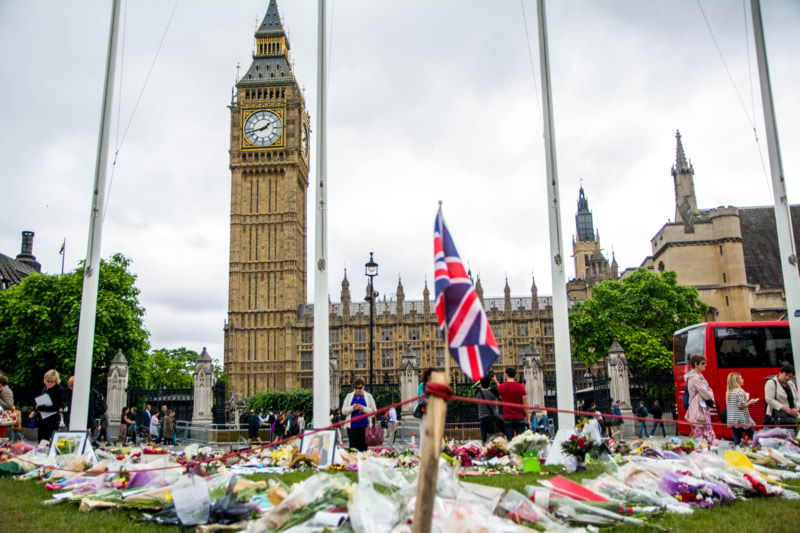
2016 photo by Bill Hawker in our sister publication, Statehouse Report.
(Editor’s note: Realizing that many Americans do not understand the Brexit problem, when we met a British citizen recently, we asked Darryl McDonald to give us his insight on the situation. He has been involved with the real estate sector for most of his career, starting as a Realtor with one of the largest U.K. companies, Knight Frank in London. After 10 years, he took on its marketing and became marketing director. During this period, he was involved with the re-branding of the company and also its global growth which included a merger in New York to create Douglas Elliman Knight Frank. In the early 1990s, he left and went solo as a marketing consultant to the property sector. For the last 12 years, he has been working with a media company with all his existing clients and is looking forward to retirement in the next year or two. – eeb)
By Darryl McDonald, U.K. correspondent
LONDON | When Britain decided to exit the European Union in 2016, this was quickly shortened to one word: ‘Brexit.’ To understand why this happened, you have to go back over 40 years.
![]() In the 1960s, Europe experienced a real period of economic growth and six countries decided to drop all custom duties to encourage trade amongst themselves and became known as the European Common Market (ECM). Britain tried to join, but failed mainly due to France objecting. In 1975, the ECM expanded to nine countries and Britain became part of the renamed European Economic Community (EEC). This gave us access to a trade free zone, which included traveling between countries without borders. By 1986, the EEC increased to 12 members and the ‘Single Market’ had been established.
In the 1960s, Europe experienced a real period of economic growth and six countries decided to drop all custom duties to encourage trade amongst themselves and became known as the European Common Market (ECM). Britain tried to join, but failed mainly due to France objecting. In 1975, the ECM expanded to nine countries and Britain became part of the renamed European Economic Community (EEC). This gave us access to a trade free zone, which included traveling between countries without borders. By 1986, the EEC increased to 12 members and the ‘Single Market’ had been established.
With the fall of the Berlin Wall and the collapse of communism across Europe, Europeans became close neighbors. In 1993, the Four Freedoms of movement of goods, services, people and money was agreed and the European Union was born (EU). By 1999, it had grown and wanted to become a much more integrated union with new Countries joining.
By 2009, it had a new currency the ‘Euro,’ which Britain declined and retained the ‘Pound’. Regulations were brought in across various sectors which rule our everyday lives as the EU steadily grew into a vast expensive bureaucratic state. It now comprises 28 countries and includes several of the poorer ones who have come out of the divided Russian bloc.
So why has Britain decided to exit the EU now?
Over the last 10 years, the EU has brought in more and more laws and new regulations to cover business, banking, trade, judicial system, human rights, workers’ rights, security, climate change, etc. Our financial contribution has increased enormously to support the new under-developed members.
Also, during this period Europe and the Middle East has experienced wars and unrest in several regions which has led to unprecedented migration across the EU. As part of the EU, Britain has played its part, but unrest and resentment by the British people gave rise to the United Kingdom Independence Party (UKIP), a Eurosceptic right-wing Populist Party who campaigned under the banner of ‘Britain for the British.’
Their leader, Nigel Farage, who came over to the USA to help Trump with his presidential campaign because of his success with Brexit, caught the imagination of the people and created a party of four million supporters to lead the campaign to leave EU and shake up the establishment.
In 2015, British Prime Minister (PM) David Cameron had to call a General Election to counter the popularity of UKIP, and to stop it gaining further momentum. He promised a referendum on the EU issue if the Conservative Party won. They duly won the election by a slim majority of 15 and the PM had to fulfill his promise and announced a Referendum on the June 23, 2016.
- To find out how I voted and where Brexit is going now, look another article on this soon.
- Have a comment? Send to: elliott@brack.net
German river cruise offers beautiful scenery
By Elliott Brack
Editor and publisher
AUG. 14, 2018 | Yes, we like to travel. We are just back from a trip to Germany, where we took a river cruise on the Mosel, Rhine and Main rivers. We had a great time, and on this river boat (Emerald Waterways), they don’t nickel and dime you for anything. Great way to travel!
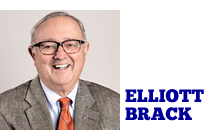 Having spent three and a half year of military duty in Germany, we had often taken friends for one-day journeys down the Rhine. We would catch a boat in Mainz, glide three hours to Koblenz, then hop another board back. But the trip back, fighting that Rhine current, took six hours!
Having spent three and a half year of military duty in Germany, we had often taken friends for one-day journeys down the Rhine. We would catch a boat in Mainz, glide three hours to Koblenz, then hop another board back. But the trip back, fighting that Rhine current, took six hours!
We learned that cruise ships don’t stop at ports on the Rhine. Too much commercial traffic, so we cruised on the Rhine for only about six hours past some of the most beautiful river scenery in the world. The many castles on high hills (and one in the middle of the river), plus the vineyards on the hills and the charming towns, make this a most visited area.
The start of this trip was in Bernkastel on the Mosel. It is a scenic small town with vineyards literally going up any hill that get sunshine. Many vineyards are at a 65- to 70-degree angle, making a good grape-growing situation, but these steep hills can be dangerous, with deaths from falling possible.
Travel all the way down the Mosel and you are seldom far away from vineyards. They are quite gorgeous, often every way you turn. Production of Mosel wines, third largest in Germany in terms of volume, is considered by many to rank first in international prestige.
The Mosel is mainly famous for its wines made from the Riesling grape, but Elbling and Müller-Thurgau also contribute to the production. Most of the wine is white, though there is a growing number of Mosel vineyards producing red wine. The Riesling wines are especially light and dry (“Tropfchen”). You hear names like Bernkasteler Auslese or Zeller Schwartz Kat, or Piesporter Gold Tropfchen.
The Mosel has a moderate climate, mainly, with July temperatures averaging about 65 degrees. But while we were there, a heat wave pushed temperatures well into the 80s.
IF THE MOSEL is primarily scenic with only 12 locks, the Main River, all 325 miles of it, is primarily engineering. The Main is a commercial river, encompassing 34 locks, slowly taking the ships higher and higher toward the Nuremberg-Danube Canal, 106 miles long, and 16 locks, allowing ships to travel all the way from the Black Sea to the Atlantic. (This canal was completed in 1992.)
Our cruise ended at Nuremberg, so we never sailed across the European Continental Divide, which is within the canal. But we visited several cities along the way, including two particularly charming towns, Wurzburg and Bamberg.
Yet to me, the locks are fascinating, as water is pumped into or out of the chamber, lifting or lowering the ship to the next level. On the Main, it didn’t take long — maybe 20 minutes for the actual lift as we went higher. Of course, the ship must carefully slow down to enter the locks, with there being less than a foot of clearance on each side as it reaches the chamber.
- Have a comment? Send to: elliott@brack.net
BrandBank
 The public spiritedness of our sponsors allows us to bring GwinnettForum.com to you at no cost to readers. Today’s sponsor is BrandBank, Gwinnett County’s oldest locally-owned community bank with total assets of $2.2 billion. Chartered as The Brand Banking Company in 1905, BrandBank was recently named #1 in Customer Service among all banks its size in the United States as surveyed by CSP, Inc. The full-service bank is committed to the communities it serves by combining best-in-class personal service with innovative products and services using state of the art mobile technology. BrandBank operates branches in Buford, Duluth, Flowery Branch, Grayson, Lawrenceville, Snellville, and Suwanee. Loan production offices are located in Alpharetta, Buckhead, Kennesaw, and Winder. BrandMortgage is a wholly-owned subsidiary of The Brand Banking Company and has an extensive menu of innovative lending products in 10 states.
The public spiritedness of our sponsors allows us to bring GwinnettForum.com to you at no cost to readers. Today’s sponsor is BrandBank, Gwinnett County’s oldest locally-owned community bank with total assets of $2.2 billion. Chartered as The Brand Banking Company in 1905, BrandBank was recently named #1 in Customer Service among all banks its size in the United States as surveyed by CSP, Inc. The full-service bank is committed to the communities it serves by combining best-in-class personal service with innovative products and services using state of the art mobile technology. BrandBank operates branches in Buford, Duluth, Flowery Branch, Grayson, Lawrenceville, Snellville, and Suwanee. Loan production offices are located in Alpharetta, Buckhead, Kennesaw, and Winder. BrandMortgage is a wholly-owned subsidiary of The Brand Banking Company and has an extensive menu of innovative lending products in 10 states.
- For more information, go to https://www.thebrandbank.com/
- For a list of other sponsors of this forum, click here.
Yes, we’re looking for two good choices
Editor, the Forum:
![]() Yes, I concur: “I keep imagining a time again when I’m in the voting booth and have two good choices.” (Brack, Aug. 10.)
Yes, I concur: “I keep imagining a time again when I’m in the voting booth and have two good choices.” (Brack, Aug. 10.)
This idea may be too retro for today’s polity; or maybe “polities.” But maybe the professionals within the national parties could review the pros and cons of a past era of smoke-filled rooms (also a bit retro) where professional politicians expunged candidates with more negatives than positives. Our most recent Presidential election might have offered us two entirely different candidates. Might even have offered us candidates who could bring us together.
And now I read that the Democratic Party is considering reducing the role of superdelegates. In light of our current popularity system of candidate selection and what it has brought us, is this a good idea ?
— John Haeger, Lilburn
Send us your thoughts: We encourage you to send us your letters and thoughts on issues raised in GwinnettForum. Please limit comments to 300 words. We reserve the right to edit for clarity and length. Send feedback and letters to: elliott@brack.net
RECOMMENDEDSend us a recommendation or book review
An invitation: what books, restaurants, movies or web sites have you enjoyed recently? Send us your recent selection, along with a short paragraph (100 words) as to why you liked this, plus what you plan to visit or read next. Send to: elliott@brack.net
GEORGIA ENCYCLOPEDIA TIDBITFranklin tree
The Franklin tree or lost camellia (Franklinia alatamaha) is an unusually beautiful tree, once native only to Georgia, that is also one of the rarest trees in the world. Discovered in the mid-eighteenth century, the Franklin tree was last recorded in the wild by a nurseryman and plant collector in 1803. All known specimens today are in cultivation.
John Bartram and his son William discovered the Franklin tree growing along the banks of Georgia’s Altamaha River near Darien, in McIntosh County, in 1765. In his book Travels, William Bartram describes it as a beautiful shrub that appeared to be related to Gordonia lasianthus (loblolly bay), but with larger and more fragrant flowers. They named the tree in honor of their friend Benjamin Franklin and the river beside which they had found it (the species name, alatamaha, reflects the Bartrams’ variant spelling of Altamaha).
William Bartram again saw the tree in the 1770s and noted that the only spot where he had seen it in all of his explorations was on the two- to three-acre site along the Altamaha River, where it grew in abundance. Since the last definitive sighting of the tree in nature in 1803, many have continued to search for the tree, and some accounts describe spotting it along the Altamaha River as late as the 1840s.
Fortunately, the Bartrams had taken plants and seeds home to Philadelphia, where they propagated the plant. All Franklin trees today are descendants of the Bartrams’ specimens.
The Franklinia is a deciduous small tree or large shrub growing fifteen to twenty feet high and ten to fifteen feet wide, with elongated, dark green leaves that turn red, orange, or pink in the fall. Its most striking feature is its showy two- to three-inch snow-white flowers, with clusters of golden yellow stamens in the centers. The tree flowers from late summer until frost.
Franklinia can be propagated by seeds or by rooted cuttings and is grown by gardeners and horticulturalists in various locations in the eastern United States. In 2008 the Georgia Forestry Commission named a specimen in the Quarry Garden at the Atlanta History Center in Atlanta as the state champion, for being the largest of its species in Georgia.
Today efforts are being made to restore the tree to the wild by planting specimens near the site where they were originally discovered.
In 1969 a set of four U.S. postal stamps was issued, each bearing a plant associated with one of the four regions of the country. Franklinia was chosen to represent the South.
- To view the Georgia Encyclopedia online, go to http://www.georgiaencyclopedia.org
Distinctive green roof on a sunny day
So this photo mystery might tease your brain a bit. One hint: Inspect the trees. Where is this structure and why was it erected? Send your thoughts to elliott@brack.net, with your hometown.
Last issue’s mystery
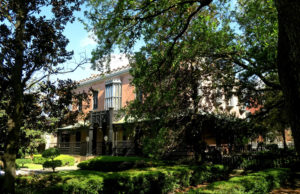 Only veteran photo sleuth George Graf of Palmyra, Va., correctly identified the leaf-obscured Mystery Photo shared by Jerry Colley of Alpharetta. Through the leaves, you can spy the Green-Meldrin House, 14 West Macon Street, Savannah. But he didn’t share one big thing it’s known for: Being the headquarters of General William T. Sherman afterhe took Savannah in the Civil War.
Only veteran photo sleuth George Graf of Palmyra, Va., correctly identified the leaf-obscured Mystery Photo shared by Jerry Colley of Alpharetta. Through the leaves, you can spy the Green-Meldrin House, 14 West Macon Street, Savannah. But he didn’t share one big thing it’s known for: Being the headquarters of General William T. Sherman afterhe took Savannah in the Civil War.
But we learned some good history about the house from Graf, who quoted from SavannahNow:
“Charles Green was a brilliant businessman. ‘He was equivalent to a billionaire,” [House Preservation Committee chair Susan] Arden-Joly says. ‘Before the Civil War, most of the rich people in America were Southern. The five richest men originally were rice planters,’ she says. ‘Before the Civil War, they were the cotton merchants. That all changed in the Gilded Age with the dawn of manufacturing.’
“When other Southerners lost everything because of the Civil War, Green prevailed. ‘He sued the federal government for his cotton that was seized,’ Arden-Joly says. ‘He diversified into other businesses. That’s why he wasn’t ruined by the fall of the cotton market.’”
Another photo by Colley below offers more context about the house:
CALENDARGROUNDBREAKING at Graves Park Expansion, 1540 Graves Road, Norcross, will be Tuesday, August 14, at 9:30 a.m. Directions: From I-85 at Jimmy Carter Boulevard, go east to McDonough Drive, turn south until dead end. Turn left on Graves Road. Park is on the right.
THIRD ANNUAL GOOD2GIVE Celebration will be Saturday, August 18 at 6 p.m. at the Infinite Energy Forum’s Grand Ballroom. Sponsored by the Community Foundation of Northeast Georgia, more than 700 people are expected to attend. Five local nonprofits will be honored. For more information, visit cfneg.org.
OUR TEAMGwinnettForum is provided to you at no charge every Tuesday and Friday.
Meet our team
- Editor and publisher: Elliott Brack, 770-840-1003
- Managing editor: Betsy Brack
- Roving photographer: Frank Sharp
- Contributing cartoonist: Bill McLemore
- Contributing columnist: Jack Bernard
- Contributing columnist: Debra Houston
- Contributing columnist: George Wilson
More
- Location: We are located in Suite 225, 40 Technology Park, Peachtree Corners, Ga. 30092.
- Work with us: If you would like to serve as an underwriter, click here to learn more.
Subscriptions to GwinnettForum are free.
- Click to subscribe.
- We hope you’ll keep receiving the great news and information from GwinnettForum, but if you need to unsubscribe, go to this page and unsubscribe in the appropriate box.
© 2018, Gwinnett Forum.com. Gwinnett Forum is an online community commentary for exploring pragmatic and sensible social, political and economic approaches to improve life in Gwinnett County, Ga. USA.


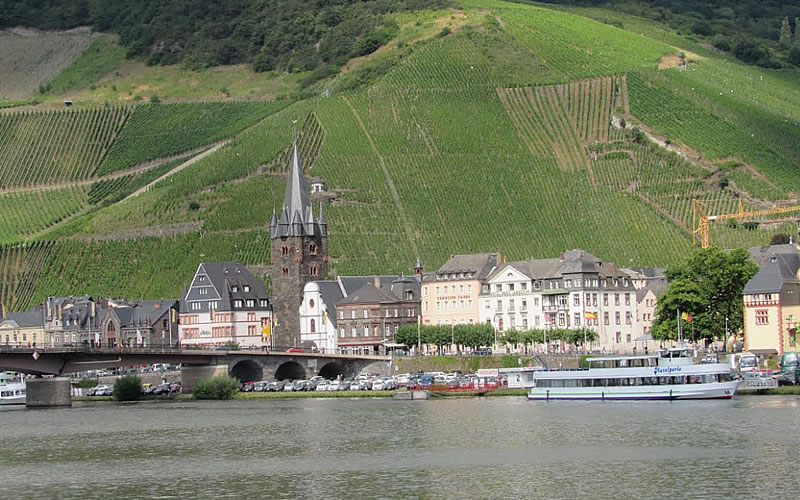

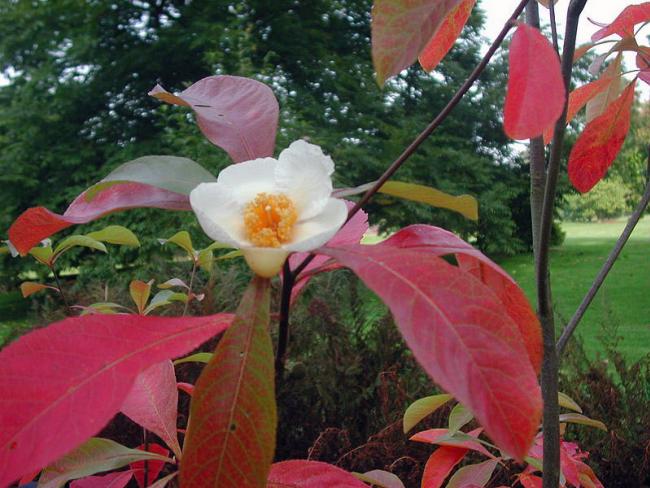
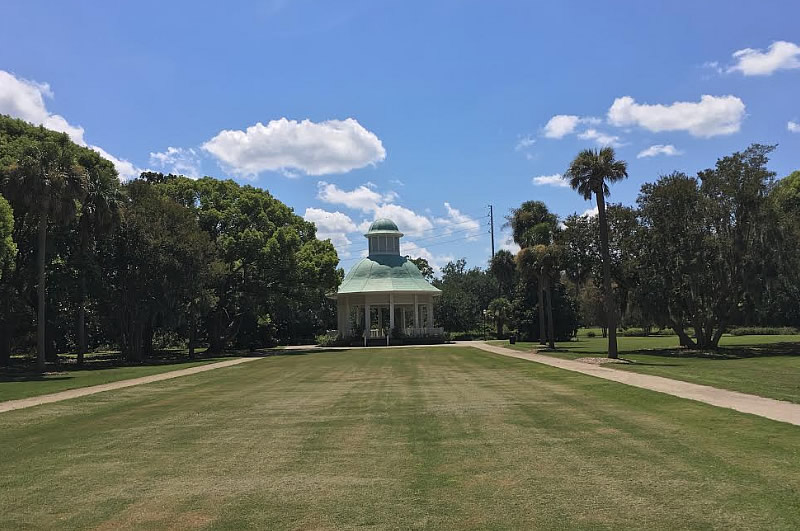
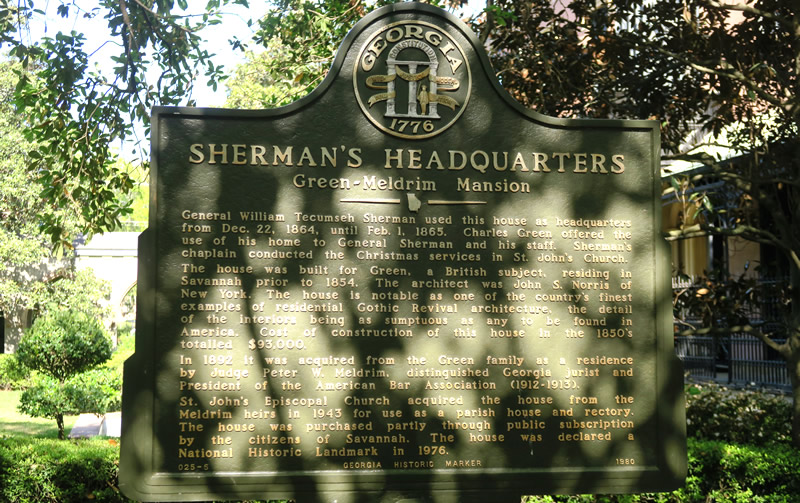







Follow Us